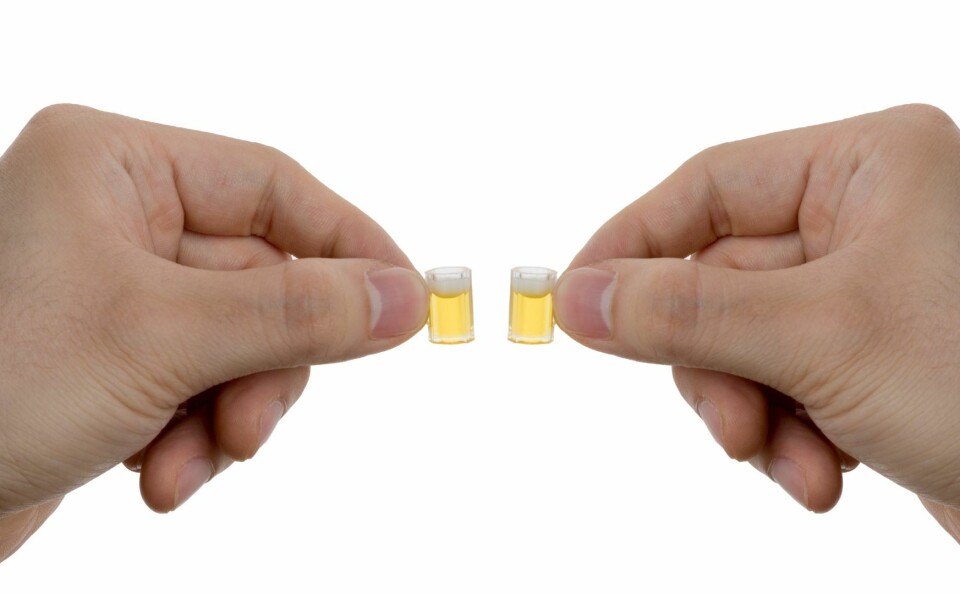-
The origins and meaning of rire jaune
A colourful expression for forced laughter
-
Is the French language in decline?
Newspaper headlines often focus on a supposed ‘decline’ of the French language - we look at whether it is true
-
Films and series to watch in January 2026 to improve your French
France is a hub of talent when it comes to film and TV, and watching in French can greatly improve your language skills
French language tip - making things sound mini, dinky or cute
Listen out for how French speakers change words and names to give an air of daintiness or affection

French diminutives – words that have been altered in some way to convey an often cuter, smaller or more friendly element of its original meaning – can often only be picked up to the trained ear once you have been living here for some time.
Add a suffix to make it little
In basic terms, a feminine word will be given the diminutive suffix -ette – for example ‘fillette’ for ‘fille’ (little girl), or ‘maisonette’ for ‘maison’ (meaning little house, and also used by English-speakers).
Read more: Have you ever been to a sardinade or a cousinade in France?
Your language noter has even been offered, accompanied by a sly wink from the barman, ‘une petite bièrotte’ (with the -otte suffix instead of -ette) to perhaps quench a summer thirst.
It means ‘little beer’ with the ‘petite’ lending a secondary diminutive element – this really did mean ‘a small beer’ when a pint would have been more appreciated.
Affectionate nicknames
Masculine words, meanwhile, can have -et, -ot, -on or -ou added.
This is especially popular for people's names, lending an affectionate tone to the likes of Philou or Filou (Philippe) or Jean (Jeannot).
You will often hear family members recounting tales from yesteryear about beloved old aunties (Jeanette for Jeanne, for instance) and uncles using these tender nicknames.
Expression for long ago
There are some expressions that came about from diminutives that evolved over time.
A classic is ‘il y a belle lurette’, which originally meant ‘for a little while now’ but today implies a longer period: ‘ages ago’.
It came from Burgundy in the 19th century and is derived from ‘il y a belle heurette’.
‘Heurette’ meant ‘a little hour’ (from heure) and over time ‘belle heurette’ became ‘belle lurette’.
The word ‘lurette’ does not actually exist as a standalone and is only employed in the context of this charming expression.
Related articles
Tati, toutou, teuf-teuf: French and its love of doubled-up words
Chépa, Chui: Six French ‘slurred’ words you may find hard to recognise
Au pif: How many of these French estimation phrases do you know?
























